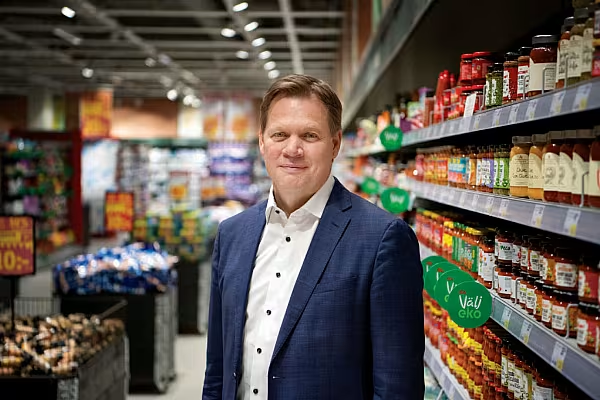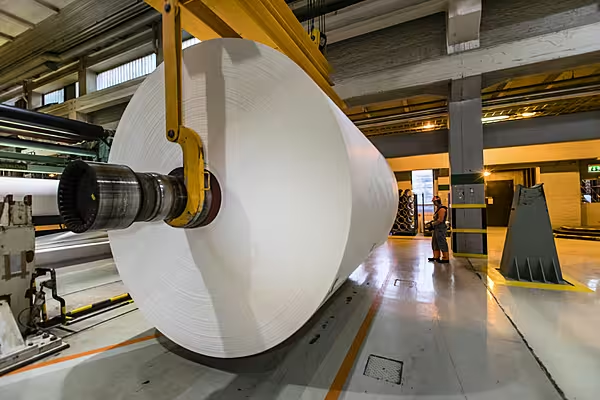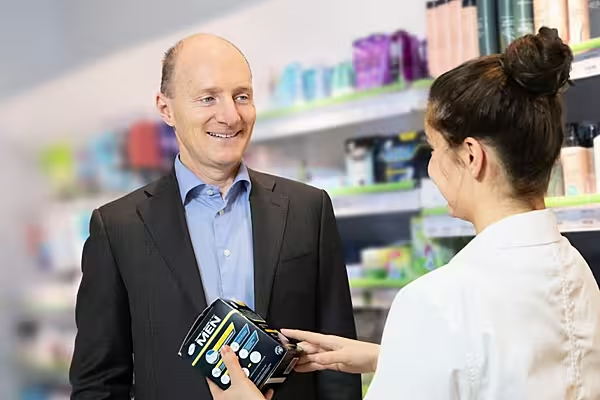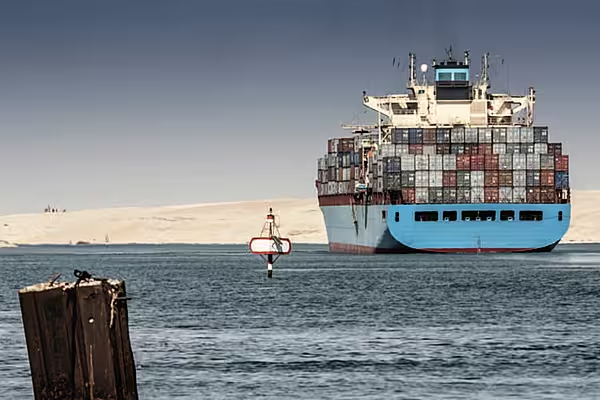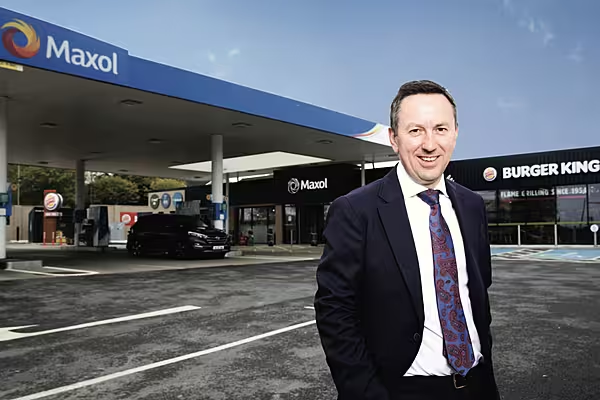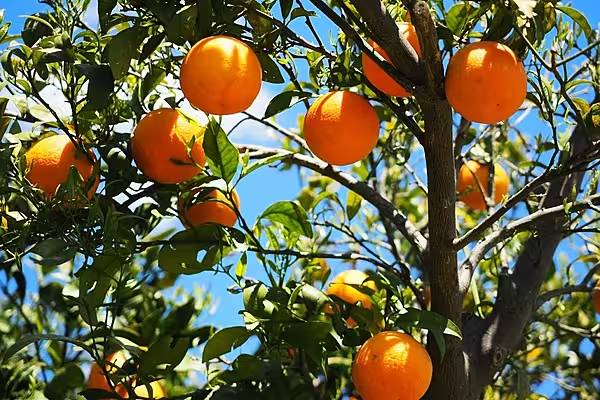As he steps down from his role, ESM meets outgoing ICA Sweden chief executive Anders Svensson to discuss how the retailer is seeking to position itself to meet future challenges. This article first appeared in ESM's September/October 2022 edition.
Towards the end of 2020, Swedish retailer ICA outlined a new strategy built around a number of core ‘step-change’ areas, including the ramping-up of its digital capabilities, cost reduction measures, investment in sustainability and health, and the development of a ‘strengthened food ecosystem’.
Since then, of course, the world has become a very different place – while the pandemic has largely subsided, the impact of inflation, supply chain disruption, the war in Ukraine, and an embattled consumer base have moved the goalposts, to some degree.
In February, before the Ukrainian conflict broke out, the group reported a 1.3% increase in sales (and a 2.4% increase in EBITA), in what, it noted, was a year ‘characterised by continued volatility’.
“We delivered growth in 2021, but there was still an effect from COVID-19 in those numbers,” Anders Svensson, ICA Sweden’s longstanding chief executive, tells ESM. “Sales in physical stores were driven by a higher average basket. Footfall decreased, which was expected. If you look at the different store types, our hypermarkets did very well – customers preferred to go for a big basket. That was in combination with quite a high – 22%, year on year – uplift in online sales.”
The retailer’s recent performance – in August, it announced ‘stable’ sales that are still well higher than pre-pandemic levels, in the second quarter of the year – marks a positive end to a 13-year tenure as chief executive for Svensson. He joined ICA from Arla Foods back in 2009 and previously held roles with Procter & Gamble and Andersen Consulting.
He departs the Swedish retailer at the end of September, with Eric Lundberg, who currently serves as the CEO of Apotek Hjärtat, replacing him in the role.
Svensson is, understandably, proud of his tenure, saying, “ICA Sweden has grown faster than the market over the 13 years, and profitability – both in ICA Sweden and with the ICA retailers – has grown even more, but the most challenging and rewarding time has been to lead our transformation into a leading omnichannel grocer, with new ways of working and competencies.”
Embracing E-Commerce
Much of ICA’s recent growth has been driven by adaptability. The structure of its independent store network enabled the business to adapt to the challenges of COVID quicker than many of its competitors, according to Svensson.
Now, the group is seeking to expand its online horizons through its partnership with Ocado Solutions, originally penned in 2018. In December of last year, ICA’s first automated customer fulfilment centre (CFC) powered by Ocado technology opened in Brunna, outside Stockholm, following on from the opening of a dark store near Gothenburg a few months previously. Store-picking will remain in rural areas, but this investment significantly enhances the group’s urban e-commerce capabilities.
“Ocado provides us with the best-in-class e-commerce platform for grocery, both in terms of customer interaction and fulfilment,” says Svensson.
“The benefit of a dark-store pick, or indeed the CFC, is that you can offer a wider assortment than the average store can, and you can also be more efficient. It makes quite a difference in terms of picking speed, as well as more competitive delivery options.”
Five years ago, ICA unveiled a new innovation hub, ICAx, to seek out ways to ‘use digital technology to improve its customer offerings’, according to a press release at the time. As with the Ocado partnership, the group is starting to reap the benefits of this approach.
“ICAx was the consequence of a deliberate strategy to build competence in areas where we were not at the forefront, traditionally,” says Svensson. “We are learning a lot through ICAx, and, consequently, there are several business cases that we have seen through to the end, but have decided not to take to market – but we also have several initiatives that have been launched. One quick win that we gained from the process, however, is ICA Pronto, which is the same sort of application that quick-commerce players are using.”
Promising rapid delivery – in as little as 30 minutes in the centre of Stockholm – as well as a store pickup option, ICA Pronto was an enabling factor in helping store owners quickly develop an e-commerce platform, says Svensson.
“Where stores didn’t have an e-commerce offering during the initial phase of COVID-19, the ICA Pronto app enabled them to quickly offer a limited assortment to customers, which they could grow in time, but it has also been developed to act as a small ‘local marketplace’ – local restaurants and businesses can tie up with ICA Pronto in a certain district.”
Unmanned Store Concept
Arguably the next major step change to emerge from ICA’s innovation focus is the development of unmanned stores, of which the group currently operates 20, and which Svensson describes as “container-type solutions” that fit in a typical parking lot. With ICA currently serving 286 out of Sweden’s 290 local municipalities, the unmanned-store concept offers the group an opportunity to consolidate its reach.
“We have 70 stores in the pipeline right now – these are stores in which the staff go home in the evening, and the store is then accessible to customers throughout the night, as well as some totally unmanned stores,” he says. “I think, within two years, we will have 100 stores with some sort of unmanned solution. When we summarise the business case, there is a good balance between what we have invested and the profit it is generating.”
Sustainability Focus
Another core part of ICA’s tech investment focuses on sustainability, with the retailer tying up with Volvo Trucks on an initiative to electrify its road transport network initially in city centres, and eventually on longer routes between cities.
“We’ve been partnering with Volvo since 2020, and we currently have two lorries in operation in Stockholm, and one in Gothenburg,” Svensson says. “It’s been a promising cooperation, and we plan to extend it.”
The group is making progress on its target to be climate neutral across its operations by 2030, as well as cutting the carbon footprint of its shoppers’ grocery purchases by the same year – arguably a bolder target, and one that requires increased engagement with customers.
“I think, to some extent, we have the means to help customers make more conscious choices, to shift their consumption from climate-intensive foods to less climate-intensive foods,” says Svensson, admitting that this may prove more challenging, given the growing cost-of-living crisis.
“Historically, we have seen that when customers get more concerned about their disposable income, they cut down on both healthy eating and sustainable consumption, but I’m not sure if it will be the same this time because, when we talk to our customers, climate and health remain a big priority for them. Our role is to make sure we can offer them price value when it comes to sustainable and healthy products.”
Elsewhere, through the Matmissionen concept, ICA is addressing the need to provide value for hard-pressed shoppers while tackling food waste. Through a network of stores, the retailer (along with many of its compatriots, such as Axfood, City Gross and Coop Sverige) can sell products close to their end of life at 30% of the original cost price, for people who are “genuinely struggling”, according to Svensson.
Technology is helping ICA to address food waste in its stores, with Svensson noting that, while the business has “come quite far” on this issue, there is still more to do.
“We are working, partly through ICAx, with a partner called Whywaste – a food tech company that provides stores with digital waste coaches – that has now been tested in four stores,” he says. “We hope that we can even further develop our AI algorithm so that we can cut our food waste even more.”
Immediate Focus
On the inflationary environment, Svensson believes that the current situation may persist for some time – “at the moment, we don’t see an end to it” – adding that the “number-one focus” of the group at the moment is to stay close to the customer.
“We have to recognise our responsibility to our customers to provide value, which means we are going to fight price increases that aren’t sufficiently motivated,” he explains, “but it’s not as black and white as that. We also have a responsibility to the suppliers that depend on us – the farmers that supply our stores, for example. Where there are price increases, are they going directly to the farmer, for example?
“Ultimately, I don’t believe that we can pass on any price increases to our customers, so we will have to work on our cost base and expect our partners to do so as well, in order to minimise the impact.”
Following Svensson’s departure, the incoming ICA Sweden CEO may soon have a lot on their plate.
© 2022 European Supermarket Magazine – your source for the latest Retail news. Article by Stephen Wynne-Jones. Click subscribe to sign up to ESM: European Supermarket Magazine.
